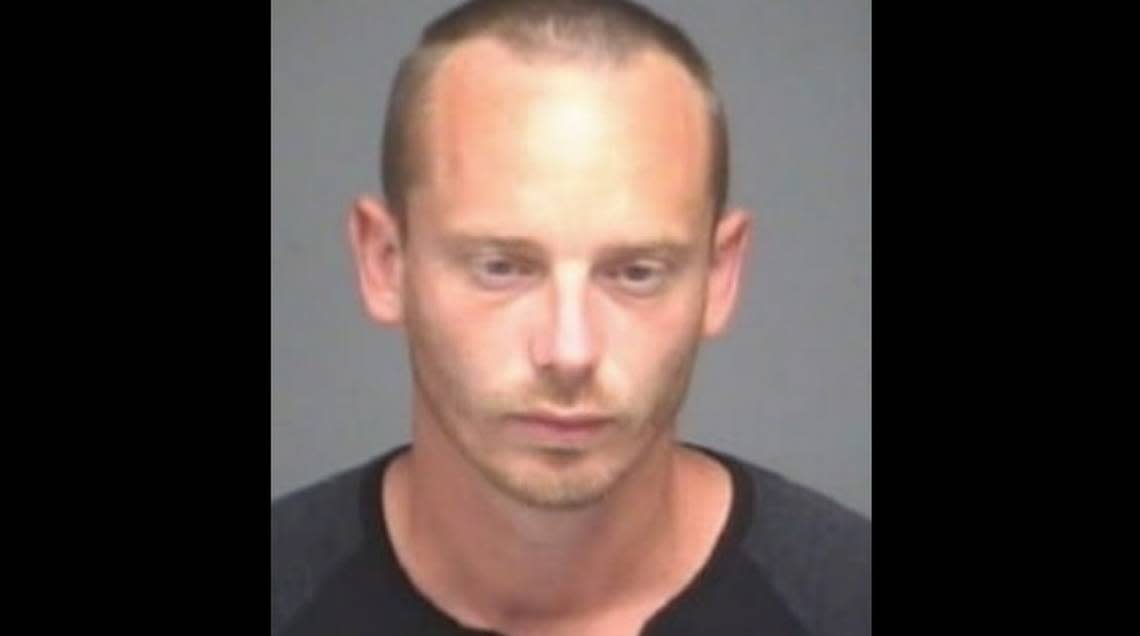Defense focuses on handling of evidence in capital murder trial of Jerry Elders

The capital murder trial of Jerry Elders had a heavy focus on the way evidence in the case was collected, analyzed and stored as the proceedings moved into the fourth day in a North Texas courtroom.
Elders is charged with capital murder after authorities said he shot Burleson police Officer Joshua Lott three times during a traffic stop in 2021, fled and then kidnapped a woman, stole her truck, killed her and left her outside the Joshua Police Department. If found guilty of capital murder, he faces the death penalty or life in prison without parole.
Jurors in 413th District Court spent the entire day before lunch Thursday hearing about how the Johnson County Sheriff’s Office collects evidence, whether the office’s staff gathered it themselves or retrieved it from another agency, what protocols are in place to process and preserve the evidence and what training is required and provided to personnel required to deal with evidence.
The prosecution presented the jury with two weapons found inside the vehicle Elders was driving when he was arrested — one handgun and one rifle. The handgun had five spent .35 Special shell casings. Both guns were found in the truck authorities said Elders stolen from 60-year-old Robin Waddell before killing her.
The hours-long testimony on evidence handling came after days of questioning by the defense that focused on whether evidence was legally obtained, protected from contamination and provided to Elders’ attorneys before the trial.
His attorneys have also regularly objected to evidence being submitted, arguing that the evidence was not properly handled, not legally collected, irrelevant or prejudicial to the jury. In most cases, Visiting Judge Lee Gabriel has overruled the objections.
The jury has also been sent away on several occasions so attorneys could argue case law regarding evidence or testimony.
Shortly after the court came back from its lunch break, the prosecution called for an autopsy technician who worked the autopsy of Waddell to testify. The defense objected to his testimony, saying he is an expert witness who has not been qualified by the court as an expert witness.
The jury was sent away while prosecutors made a case that the witness was not being called as an expert. He was questioned about his qualifications and Gabriel ruled that he would be allowed to testify as long as he was not asked for his opinion or to speak to how common some things are.
Elders could be seen in court smiling and laughing as he spoke with his attorneys while the jury was away and the prosecution was reviewing photographs with the autopsy technician outside the courtroom, a break from the defendant’s quiet, stone-faced demeanor seen through most of the trial.
The trial, which began Monday, could last two weeks or longer.
This is a developing story. For the latest updates, sign up for breaking news alerts.

